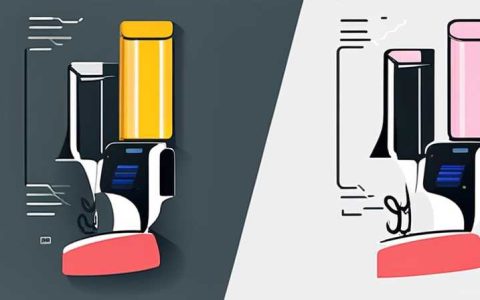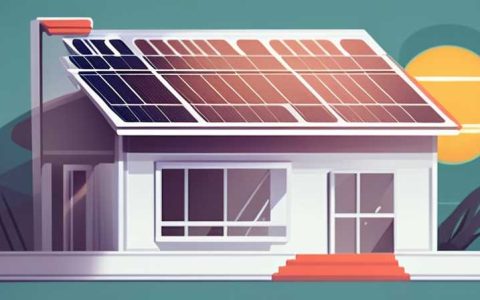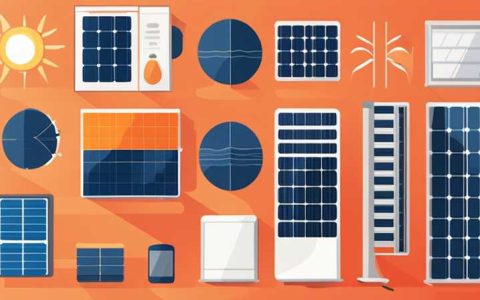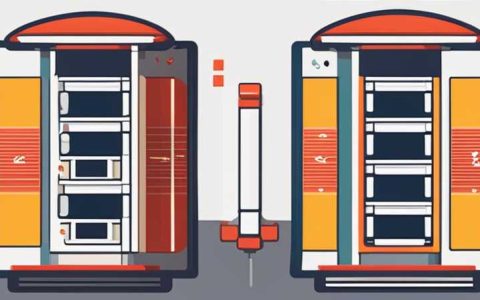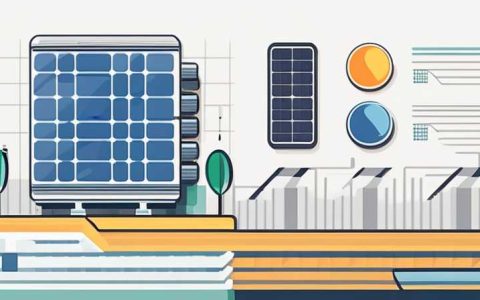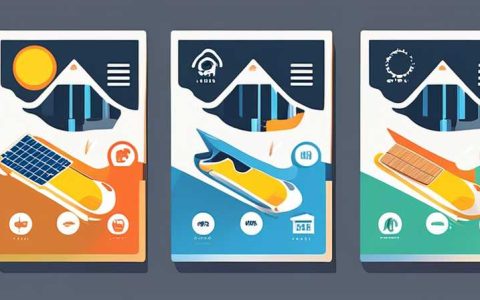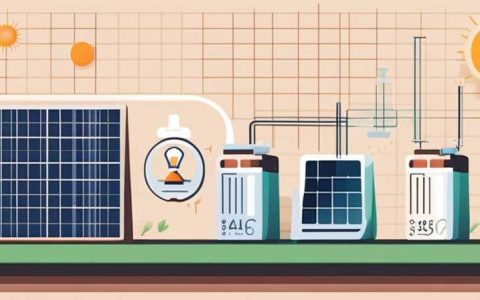
When considering the financial implications of a solar 800W 12V system, 1. Pricing varies significantly, 2. Factors influence costs, 3. Installation expenses matter, 4. Long-term savings are considerable. It’s essential to understand that the price of solar panels is influenced by numerous elements, including geographical location, panel quality, and installation expenses. On average, a solar 800W system can range from 1,000 to 3,000 USD, depending on market conditions and other individual specifics.
In-depth evaluation reveals that the effectiveness of solar energy relies heavily on the quality of components used, the expertise of the installers, and the prevailing regulatory environment. Detailed attention to these various aspects ensures both immediate affordability and long-term sustainability in the investment made into solar energy.
1. UNDERSTANDING SOLAR PANELS
Solar panels convert sunlight into usable electricity, leveraging photovoltaic technology to generate energy sustainably. When contemplating a solar 800W 12V system, it is pivotal to grasp the fundamental operations and benefits of such systems. Solar panels generally consist of numerous solar cells made from silicon, which absorb sunlight and generate direct current (DC). This specific system type is particularly suitable for off-grid applications or smaller energy needs.
The energy generated by an 800W solar setup is adequate for a variety of applications, especially in residential settings, where it can power devices like lights, refrigerators, and small appliances. The choice of an 800W solar array is often linked to energy efficiency objectives, where consumers aim to minimize their reliance on conventional power grids.
With sustainability becoming a mainstream consideration, many individuals and businesses are recognizing the necessity for clean energy alternatives. The advantage of incorporating solar technology is monumental, given its potential to significantly decrease energy bills and contribute to a reduced carbon footprint. Furthermore, government incentives or tax rebates often accompany solar installations, enhancing return on investment and making such solutions more appealing to consumers.
2. COSTS OF SOLAR 800W 12V SYSTEMS
The pricing structure of solar 800W 12V systems can be multifaceted. Initially, one should examine the primary components involved, which include solar panels, inverters, batteries, and installation services. The average price for solar panels alone constitutes a substantial segment of the overall expenditure. Generally, high-quality solar panels come with a premium yet promise enhanced efficiency and longevity.
Inverter costs also contribute significantly to the budget. Inverters play a crucial role in converting DC electricity generated by solar panels into alternating current (AC) that is usable for home appliances. The type of inverter selected can vastly impact the overall system cost, with options ranging from basic string inverters to more advanced microinverters.
Battery storage might be a consideration for individuals desiring a fully functional off-grid system. Batteries store surplus energy for use during periods of low sunlight, thus ensuring a continuous energy supply. The choice of the battery type and its storage capacity profoundly influence total system pricing.
Installation costs should not be overlooked either. Engaging a skilled contractor to ensure proper setup is essential. Installation prices fluctuate depending on the complexity of the system and the local labor rates, making it advisable to obtain multiple quotes before making a final decision.
3. FACTORS INFLUENCING PRICES
Multiple factors influence the ultimate costs associated with an 800W solar setup. Location is paramount, as conditions can vary widely between regions. Certain states and countries may offer financial incentives or rebates, substantially reducing out-of-pocket expenses. Geographical location also impacts sunlight availability, which directly correlates with system efficiency and applicant adoption.
Quality of components remains an essential consideration. The market offers a variety of choices, ranging from budget options to premium products. Investing in higher-quality solar panels may involve higher upfront costs, but the durability and efficiency gains could yield significant savings over the system’s lifetime.
Local regulations and permitting fees can also add to the expenses encountered by consumers. It is essential to familiarize oneself with local laws governing the installation and operation of solar equipment, as they can dramatically affect overall pricing. Working with a contractor experienced in local regulations can alleviate potential hurdles and ensure smooth implementation.
4. LONG-TERM ECONOMIC BENEFITS
When contemplating the costs of solar energy systems, evaluating the long-term benefits is critical. The most apparent benefit pertains to energy savings achieved through less reliance on grid-based electricity. The average homeowner can anticipate significant savings over decades, with many installations achieving payback periods of five to seven years.
Furthermore, a solar 800W setup contributes to increased property values. Research indicates that homes equipped with solar energy systems often attract higher resale prices compared to their non-solar counterparts. This increment in property value reflects a broader acceptance of renewable energy and a growing awareness of sustainability benefits.
Environmental benefits also play a key role in reinforcing the desirability of solar systems. By reducing fossil fuel consumption and greenhouse gas emissions, households can contribute to the fight against climate change. Such positive implications resonate not only at individual levels but also within communities and across nations.
FAQs
WHAT IS THE AVERAGE COST OF AN 800W SOLAR 12V SYSTEM?
The typical expenditure for an 800W solar 12V system ranges between 1,000 and 3,000 USD. This price variance stems from multiple factors, including the geographic area of installation, the types of components selected, and any additional customization required. High-efficiency solar panels may come with a premium, but they offer improved energy output in the long run. Homeowners must consider their energy needs, evaluate potential savings, and analyze available incentives when budgeting for their solar project.
Installation costs will contribute substantially to the overall price. Professional installation ensures that the system is optimally configured, that it adheres to all safety standards, and that it meets local regulations. As such, obtaining multiple quotes from reputable contractors is wise to identify the best possible deal while ensuring quality.
HOW LONG DOES IT TAKE TO INSTALL A SOLAR 800W 12V SYSTEM?
The installation timeframe for a solar 800W 12V system can differ based on a variety of factors, typically ranging from one to three days. Simpler setups that require less equipment or modifications may be installed in a single day, while more complex installations, particularly those involving battery storage or extensive system integration, could extend the process.
Prior to installation, homeowners should prepare by discussing the project with the installation team to provide pertinent details about the site. Conducting a site assessment can also streamline the process, as it enables pre-planning considerations and logistics management.
Collaborating with a reputable contractor capable of managing all aspects of the project will facilitate an efficient installation. Regardless of the size of the system, transparency with the contractor regarding aspirations and expectations is pivotal for ensuring timely completion and satisfaction.
WHAT ARE THE MAINTENANCE REQUIREMENTS FOR SOLAR SYSTEMS?
Maintenance demands for solar systems are relatively minimal compared to conventional energy systems. Regular cleaning and periodic inspections are essential to ensure optimal functionality. Dust, debris, and organic matter can accumulate on solar panels, hindering their efficiency. A thorough cleaning every few months is generally recommended to maximize energy production.
Additionally, periodic assessments of the system’s components—such as inverters and batteries—are paramount. Inverters typically have lifespan expectations of 5 to 10 years, while battery longevity may greatly depend on usage patterns and charging cycles. Monitoring energy output and functionality allows for early detection of issues, enabling prompt intervention and repairs, if necessary.
To maintain warranties and guarantee system performance, it is judicious to consult with a solar professional for inspections. This professional guidance can extend the long-term viability and performance of the solar investment, promoting a sustainable energy future.
Investing in a solar 800W 12V system presents both immediate and long-term financial implications. The upfront costs are influenced by various elements, including product quality, installation intricacies, and regional factors. A thorough assessment ensures individuals make informed decisions that resonate with their energy goals. Long-term savings and environmental benefits provide powerful incentives, marrying economic rationale with sustainable practices. Ultimately, the transition toward renewable energy represents a pivotal stride toward a greener future while delivering cost-saving advantages. Prioritizing quality and professional installation maximizes benefits and enhances the value of this innovative approach to energy generation. Such endeavors align with the broader movement toward sustainable living, offering both personal and collective rewards.
Original article by NenPower, If reposted, please credit the source: https://nenpower.com/blog/how-much-does-solar-800w-12v-cost/




